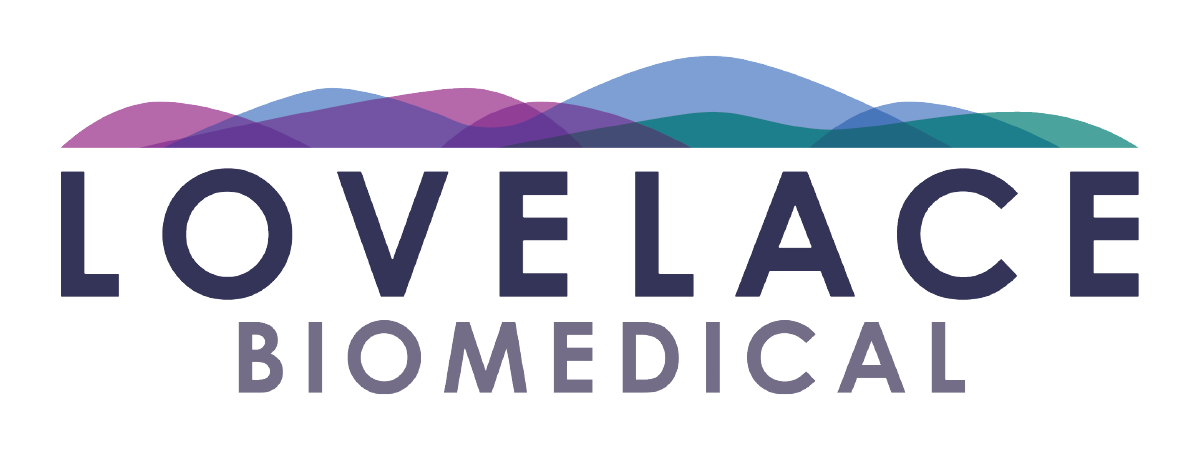Our Research Team

Steven Belinsky, PhD
Vice President for Research/Professor
Carmen Tellez, PhD
Senior Research Scientist
Guodong Wu, PhD
Research Scientist/ Senior Statistician
Adriana E. Kajon, PhD
Professor
Janet Benson, PhD
Scientist Emeritus
Mathewos Tessema, PhD
Associate Professor
Dan Covey, PhD
Assistant Professor
Andrew R. Mayer, PhD
Vice-President of Interdisciplinary ScienceDirector of Trauma and En Route Care Programs

Jon M. Houck, PhD
Research Assistant, Associate Professor
Steven Baker, PhD
Assistant Professor
Shuguang Leng, MBBS PhD
Fellow/Assistant Professor
John Farmer, PhD
Director of Immunology & Large Molecule Bioanalytical Chemistry
David Revelli, PhD
Director ABSL-3/Research Scientist
Daniela Schwotzer
Associate Research Scientist/Study DirectorWe partner with clients across many distinct sectors, applying our knowledge and expertise and specialized facilities and equipment to each project. Our successful partnerships include those with government agencies, commercial entities, trade associations, and academic institutions. Lovelace regularly forms partnerships working for and with many academic institutions.
Mental Health and Neuroscience research are performed within our Mind Research Network (MRN) division. MRN has a vast breadth and depth of neuroimaging expertise covering everything from premature infants to aging disorders and everything in between – schizophrenia/mental illness, forensics, moral judgement, recidivism, traumatic brain injury (pediatric, adult and war/blast induced), addiction (tobacco, alcohol and drug use), as well as incidental findings and research ethics. New expansion into basic research is studying mechanisms and developing biomarkers around traumatic brain injury and dopamine neurotransmission in drug addiction. MRN state-of-the-art magnetic resonance imaging (MRI) and magnetoencephalogram (MEG) neuroimaging systems to be applied to mental illness research in collaboration with other top research centers in the US. Further, the mission includes the evaluation of tools to develop a more fundamental and systematic understanding of the human brain.
The infectious disease program takes advantage of expansive B3 facilities for conducting in vitro and in vivo studies with highly pathogenic viruses such as SARS-COV-2 and to allow testing of novel therapies and vaccines. Basic research is focused on understanding the molecular epidemiology and pathogenesis of human acute respiratory infection at the cellular and population level and the use of small animal models for studying pathogenesis. In addition, a rich history of studying influenza viruses continues with activity toward understanding how host-specific differential alternative RNA-splicing impacts virus evolution along with defining factors underlying innate immunity, adaptive immune protection, and adaption.
- Asthma
- COPD
- Infectious Disease
- Lung Cancer
- Mind Research Network
- Neural Breathing Control
- Pulmonary Arterial Hypertension
- Pulmonary Fibrosis
- Institutional Biosafety Committee



